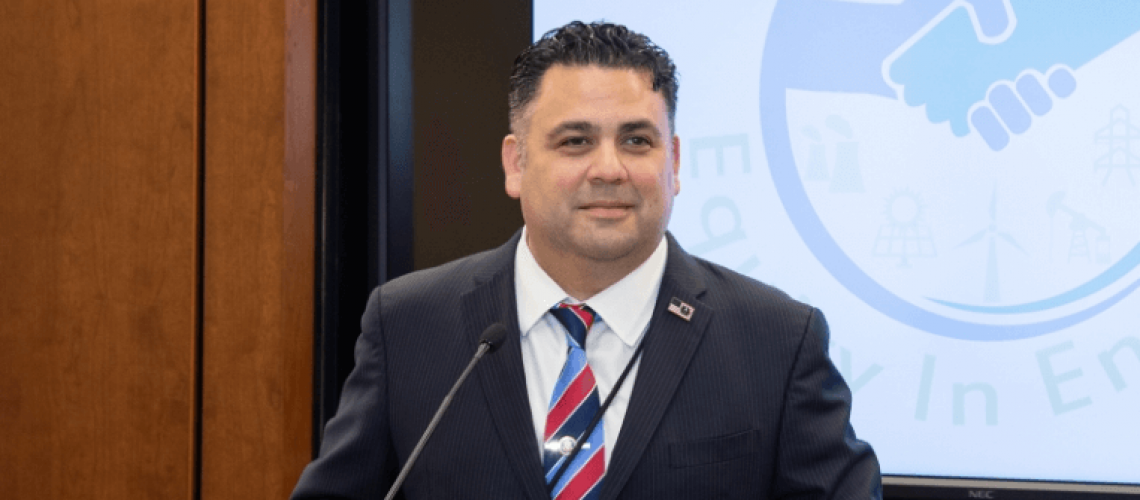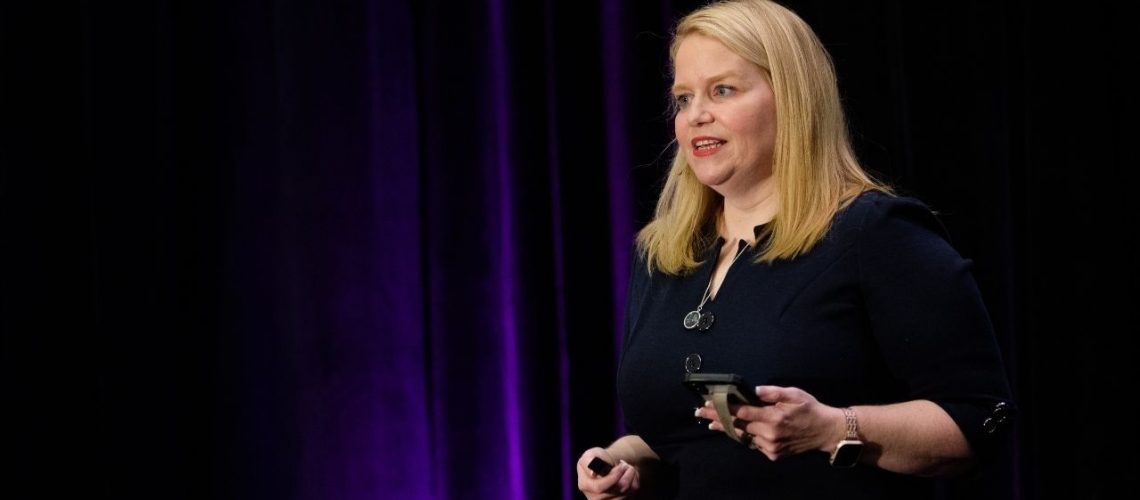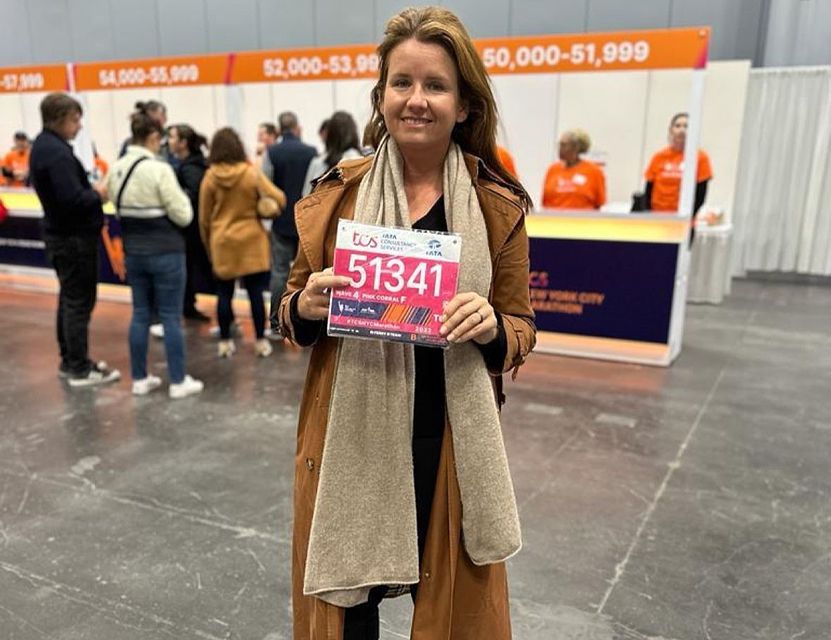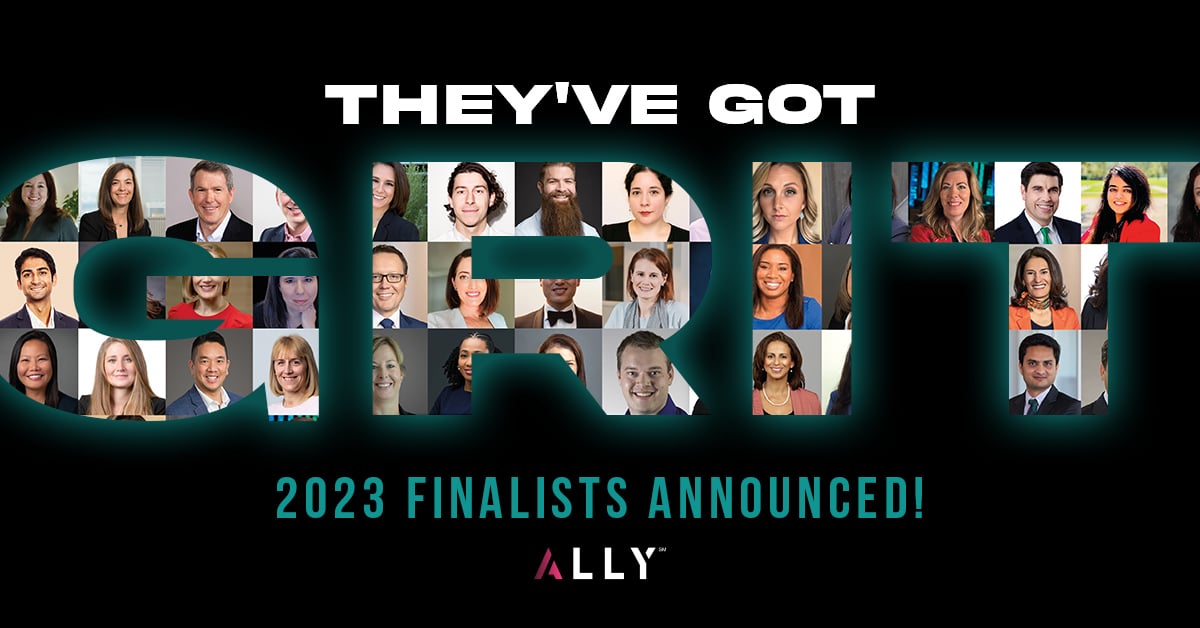"We cannot sustain our energy economy without a more diversified workforce"
James Campos, DOE Diversity Head
On August 20th 2020, the U.S. Department of Energy made an announcement -- one that involves our founder, Katie Mehnert. She is among 20 people across the country who were selected to serve as “ambassadors” to the Equity in Energy initiative. The list also includes nine DOE top-level leaders who are serving as “champions.”
“Our Ambassadors and Champions know that a diverse approach is critical to success, and the demand for energy workers will be challenging to meet if the workforce does not reflect the diversity of the population,” James Campos, Director of the Office of Economic Impact and Diversity, said in a statement.

Equity in Energy has big goals. According to its website, the initiative is "designed to expand the inclusion and participation of individuals in underserved communities, such as minorities, women, veterans, and formerly incarcerated persons, in all programs of the Department of Energy and in the private energy sector."
Mr. Campos is deeply committed to making this happen.
Diversity is an issue close to his heart. He grew up in 8 different Latin American nations (4 in South America, 3 in Central America and one in the Caribbean) because his father’s work for the U.S. government moved the family from country to country. While growing up, he learned the value of meeting people of different backgrounds and experiences.
When it came time for higher education, Mr. Campos not only earned B.A. and Master of Science degrees from the University of Maryland, but he also studied at Oxford, the University of Barcelona and earned his M.B.A. from the University of Glasgow.
“We cannot sustain our energy economy without a more diversified workforce,” Campos said. The nation is on its way to being “majority minority”. Women and minorities are becoming a larger part of the workforce. But, they remain underrepresented in STEM fields, Campos noted.
Honorable James Campos
Many STEM jobs are going unfilled.
“We’re in trouble because we’re not getting enough people from these communities to participate in STEM fields. It’s a missed opportunity for us as Americans. It’s also a national security issue. Unless we have qualified individuals working in the STEM field, we will lose of our global STEM competitiveness. We need to tap into all of the talent in our country to maintain a sustainable and viable energy economy for generations to come. This is a big issue for our country.”
Campos said it’s his “duty in this position to do whatever [he] can” to help usher in African-Americans, Hispanics, women and people of all backgrounds to careers in energy.
Garnering interest for equity in energy is critical.
“Equity in Energy” consists of five pillars: supplier diversity; workforce development; STEM enhancement; technical assistance; and energy affordability. For Mr. Campos, the centerpiece is interest and access, which focuses on helping people in underserved communities discover opportunities to “fully participate in the numerous sectors of the energy economy.”
“We have to garner and provide the interest in these diverse communities, and also across the country,” Mr. Campos told ALLY. This means talking about the myriad types of work across the sector and inspiring passion for the field.
“Everything we do from the moment we wake up until the moment we go to sleep is powered by the energy sector", Mr. Campos says. “It’s something fundamentally important for our country, but we have to do a better job of telling that story.”
For example, Mr. Campos talks enthusiastically about the Department of Energy’s 17 National Laboratories. As the department’s website explains, these labs “tackle the critical scientific challenges of our time -- from combating climate change to discovering the origins of our universe -- and possess unique instruments and facilities, many of which are found nowhere else in the world.” One of the labs’ many focus areas is cancer research. This is something many people don’t associate with the DOE, Mr. Campos notes. “I consider the DOE the greatest department in the federal government, with vast amounts of intellectual capital.”
The ambassadors and champions have an important role.
Mr. Campos says they’ll serve as “a means for me to understand and connect with the private sector, the education sector and associations across the country.” Katie will help him and the department get a strong sense of “what’s going on in the energy capital of the world,” including in terms of workforce development. “I need a real ear to the ground, to hear the heartbeat,” he says. The ambassadors will also help their communities learn about the department’s effort to bring equity to the energy field.
The effort is nonpartisan and designed for the long haul, including well after his tenure, Campos says. “The greatest honor of my life is being appointed by the President in this position and serving Secretary Brouillette and the American people,” he says.
“I’m going to do everything possible, while I have this opportunity, to preserve and help our economy.”




